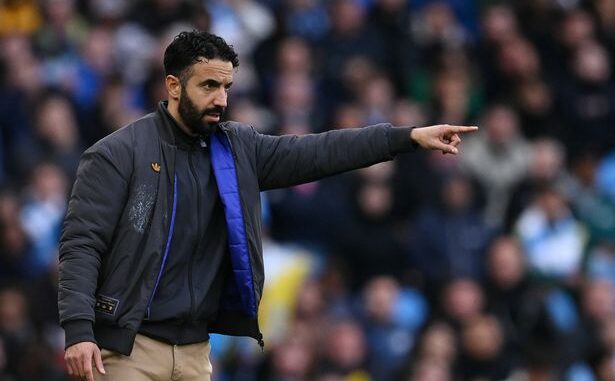
666. The number associated with the beast. It is quite appropriate, then, that despite the dismal performances of the ‘Red Devils’, they reported an impressive £666.5 million in record revenue in their most recent financial results.
Ed Woodward faced criticism when he notoriously stated that Manchester United’s sporting achievements did not significantly influence their commercial success. Seven years later, he has been vindicated once more.
Following a season marked by the dismissal of a manager, failure to qualify for European football, a trophyless campaign, and their lowest-ever finish in the Premier League, United still managed to balance the books. Their record revenue encompassed unprecedented matchday earnings (an increase of 17%), the highest ticket sales and membership levels ever recorded, and record commercial revenues (up 10%), following the inaugural year of their new shirt sponsorship with Snapdragon.
Additionally, they managed to decrease losses in 2024/25 from £130 million the previous year to *only* £40 million. Although United continues to incur losses, the rate has significantly diminished (a net loss of £113 million the prior year, compared to a net loss of £33 million in the latest figures).
Sources within United emphasize that ongoing discipline is essential for cost management and assert that the club’s main priority remains enhancing football performance, which is crucial for long-term financial improvement. It is also important to highlight that these increased revenues reflect the cost-reduction strategies implemented under Jim Ratcliffe, including a redundancy process that has resulted in approximately 450 job cuts over the past year, as well as a rise in ticket prices.
While the latest figures serve as a reminder that United can still generate substantial revenue without sporting success, they also illustrate the significant potential for growth if they can rectify their footballing issues. Earlier this year, Jim Ratcliffe asserted that within “three years, Manchester United will become the most profitable club in the world.” One would not dismiss the possibility.
To achieve this, United must consistently qualify for the Champions League. It is projected that they would secure at least £70 million in prize money upon qualifying for the league phase, with an additional £1.8 million awarded for each victory. Teams reaching the quarter-finals typically earn around £20 million more in prize money, while the champions receive an extra £54 million.
Additionally, one can estimate approximately £5.2 million in matchday revenue, which would guarantee £20.8 million and potentially yield up to £41.6 million from the Champions League matches they host. Participation in this competition would also be significantly profitable from a commercial standpoint, as numerous deals are incentivized by the heightened visibility associated with being a Champions League club.
Earlier this year, it was estimated that even a subpar performance in the Champions League could generate £100 million in revenue when considering all these factors, with potential earnings reaching £140 million if they perform well. This clearly illustrates why Ratcliffe has insisted on a top-five finish in the Premier League this season and a return to the premier continental club competition, even if they are not yet prepared to win it.
These figures also clarify why Ruben Amorim finds himself in a precarious situation. It was disclosed this week that United would need to pay the Portuguese coach a £12 million compensation package if they were to terminate his contract within the first year. While it would be quite embarrassing to do so, they could afford it if they felt threatened by the prospect of missing out on the lucrative Champions League earnings once more.
It is crucial to emphasize that, at present, Amorim is secure in his position, and Ineos has no intentions of dismissing him. Sources indicate that the results this season have not met expectations, but there is a sincere belief that performances have improved, and United will benefit if some of the ‘fine margins’ start to favor them.
However, the underlying ultimatum of Champions League qualification will be important. If United have not improved their results by the next two international breaks, then it would not be a surprise if they went back to the drawing board and made a managerial change while there was still time to achieve a top-five finish.
It might cost a lot to sack Amorim, but it would cost even more if they missed out on the Champions League again.
Leave a Reply